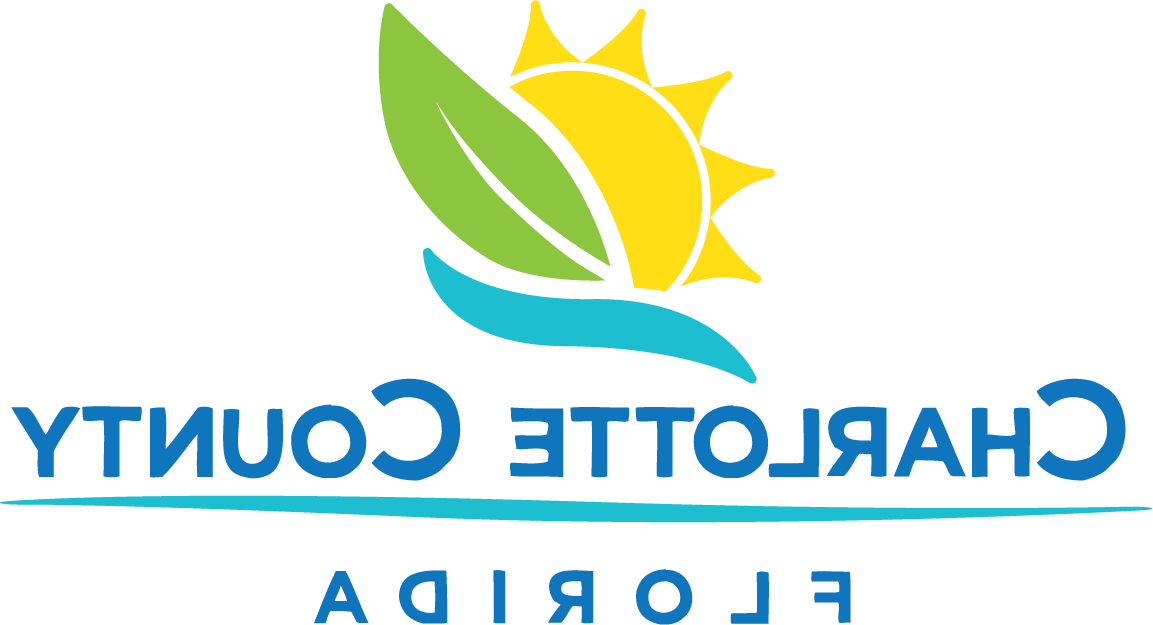Mosquito & Aquatic Weed Control
The Mosquito & Aquatic Weed Control division offers:
- Classroom biology lesson (customized to fit grade/number of students)
- Assemblies/group presentations
- Tours of our lab for small school groups
- Display set-ups at public events
- Educational talks presented to various civic groups, neighborhood watch organizations, and community meetings
If you would like a free presentation from us, please call our hotline at 941.764.4370 and leave a message with your contact information and the nature of your call.
Engineering
DiscoverE brings fun engineering activities and training tools to educators and kids.
Stormwater
Charlotte County's Identifying Illicit Stormwater Discharge Handbook
When it Rains, It Drains
This brochure explains how Charlotte County Stormwater drainage systems work.
Where Does All the Dirty Water Go?
This brochure raises citizens' awareness of the importance of wastewater, explains the basics of wastewater treatment, and contains helpful hints for homeowners about what not to put into the sanitary sewer system.
Take the Stormwater Runoff Challenge
Provides a fun learning opportunity for middle school children and can be used to generate classroom discussion or further exploration of water pollution issues.
Benefits of Protecting Your Community from Sanitary Sewer Overflows
This brochure outlines the benefits of controlling sanitary sewer overflows, including healthier communities, an increase in the number of waterfront visitors, and satisfied taxpayers.
Homeowner's Guide to Septic Systems
This short brochure is based on the booklet above.
After the Storm
Provides a broad overview of stormwater pollution, including runoff from residential and commercial properties, farms, construction sites, automotive facilities, forestry operations, etc.
Protecting Water Quality from Urban Runoff
This fact sheet explains how urbanized areas affect water quality through increased runoff and pollutant loads and what homeowners can do to prevent stormwater pollution.
Water Conservation Practices for Homeowners
The greatest benefit of water conservation in the home is cost savings. By reducing the amount of water used, monthly water bills are reduced. If homes are served by septic systems, reducing water use reduces the amount of wastewater to be treated, thereby minimizing strain on the system and improving pollutant removal performance. Here are some helpful water conservation practices that can help conserve water resources and save homeowners money:
- Run the dishwasher and laundry machines only with full loads. Use the shortest wash and rinse cycles and the lowest water level setting possible. Avoid the permanent press cycle, which uses an additional 10 to 20 gallons of water.
- When hand-washing dishes, do not let the water run continuously.
- Avoid using a garbage disposal system.
- When buying a new washing machine, choose a suds-saver model.
- In the bathrooms, place two half-gallon plastic bottles filled with water in the toilet tank to reduce the amount of flush water used.
- Take shorter showers and use a water-conserving showerhead (less than 2.5 gallons per minute) rather than taking baths, which use 30 to 50 gallons of water.
- When shaving, brushing teeth, or washing your face, do not let the water run continuously.
- Water the lawn only when absolutely necessary. More water is consumed using sprinkler and irrigation systems than if a hand-held hose is used (International Turf Producers Foundation, no date). (Trickle irrigation systems and soaker hoses are 20 percent more efficient than sprinklers.)
- Water lawns only during the coolest time of day to avoid evaporation of the water.
Keep Charlotte Beautiful
Information pertaining to the community action and education organization. Volunteer opportunities to improve and beautify Charlotte County.
Illegal Dumping
A door hanger publication used for contacting homeowners concerning illegal dumping.
Business-Specific Illicit Discharge Information






